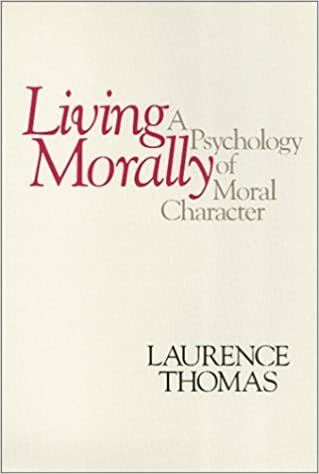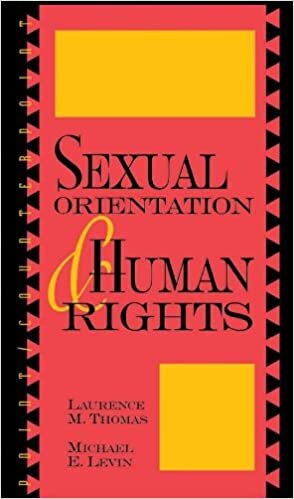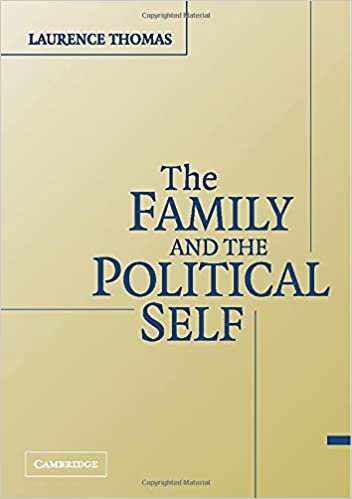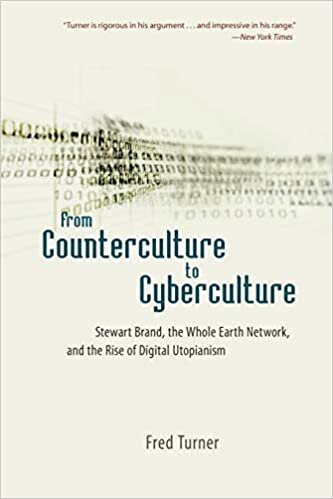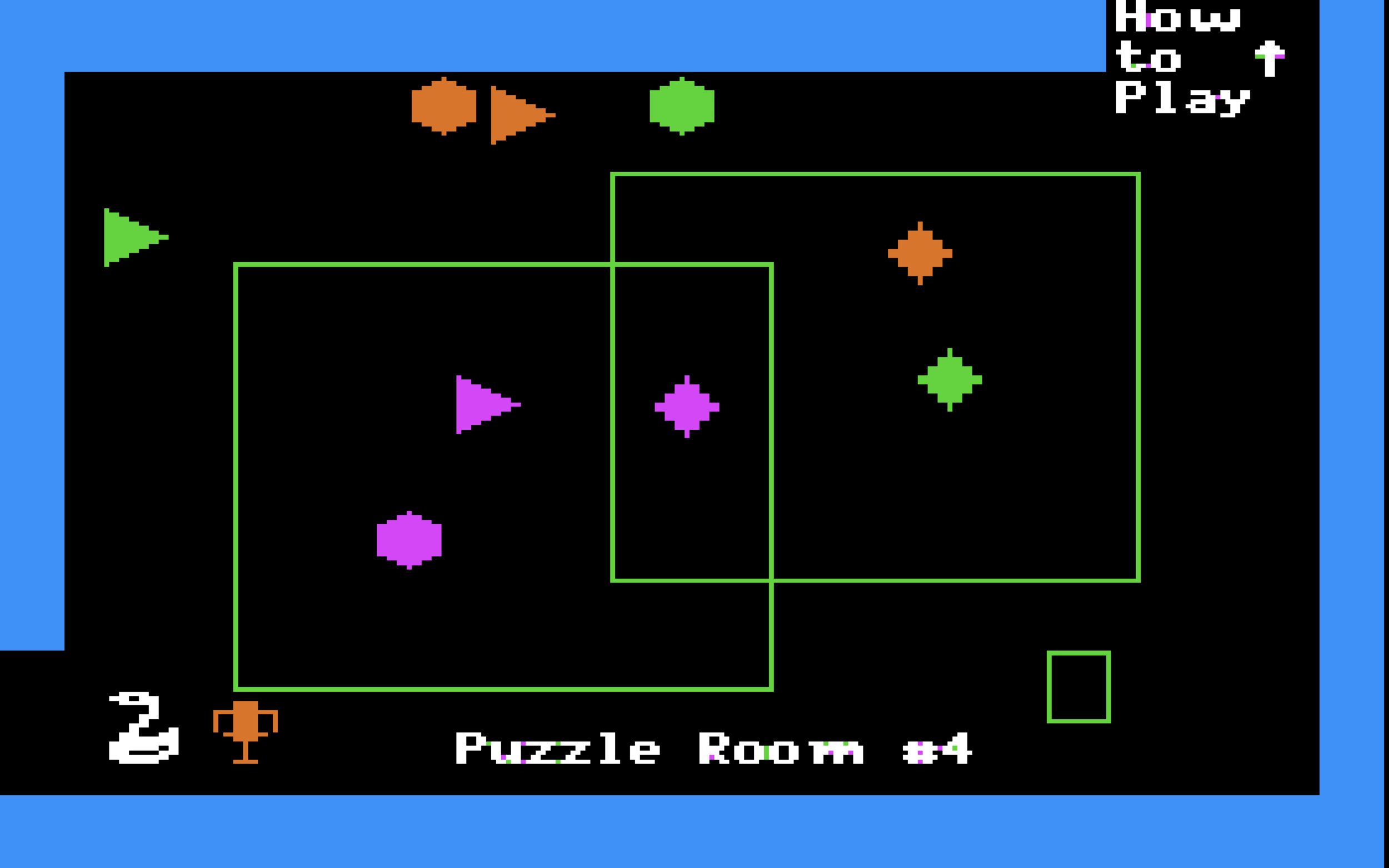Digital Archaeology: Moral Visions
Way back in 2002 when I was a first-year graduate student at Syracuse University, the internet was still relatively new. At that point, I myself had had an internet-capable computer for only five years. And although most universities and academic departments had websites by then, it was still relatively rare for an individual instructor to have his or her own personal website/webpage, and the ability to make a website was still something of a specialized skill not yet possessed by the majority of students or faculty members.
When I was teaching assistant for Professor Laurence Thomas (Syracuse University) and his Introductory Ethics class during the Spring 2002 semester, Professor Thomas (known universally as “L.T.”) found out that I had a Geocities webpage of my own and offered to pay me to create a website called “Moral Visions.” I believe that Professor Thomas had in mind that Moral Visions would become a kind of hub for ethics and moral philosophy on the still-relatively-new internet. Remember, this was before the social media age of MySpace, Twitter, and Facebook, and how exactly the internet might and would be utilized for promoting philosophical discussion beyond Usenet groups and chatrooms had not yet become clear.
So Professor Thomas paid me about $300, if memory serves (a decent amount of money back then for a poor graduate student!), to create his Moral Visions website. You can see an archived version of the Moral Visions website via the following link and screenshot:
(Screenshot of the original Moral Visions website for Professor Laurence Thomas, built by Zachary Fruhling during the Spring 2002 semester at Syracuse University)
The Moral Visions website I built never amounted to much. Like so many early websites, it was neglected and never expanded into its original vision—pardon the pun—that Professor Thomas had for the site. Moral Visions contained only five links:
A short article, Evil vs. We the People, which was written by Laurence Thomas in the wake of the September 11 terrorist attacks.
A link to Dr. Laura Schlessinger’s website (Laurence Thomas was, and perhaps still is, a fan of Dr. Laura.)
A link to email (ahem, “e-mail”) Laurence Thomas
A link to my own Geocities website, as “webmaster” (so official sounding!) of Moral Visions.
Even more charming are the three very late-1990s/early 2000s graphics I used in creating the Moral Visions website, all of which had a very “Geocities” look and feel:
I’m not exactly sure where the Moral Visions logo came from, but I have a vague memory of having used some sort of free online logo-making program to create it.
There isn’t much that can be gleaned from this tiny slice of the history of philosophy in the internet era, except perhaps for the emphasis on the philosophical aftermath of the September 11 terrorist attacks, and perhaps also the quest to figure out how exactly the internet could be used to promote philosophical discussion and resource sharing before the dawn of social media as we know it today in 2020.
Although this is but a footnote to a footnote in terms of the history of the internet, the history of philosophy, and the history of philosophy on the internet, it was an exciting time to be a budding young philosopher and an exciting time to be on the internet in general with its lingering 1990s digital utopianism (See From Counterculture to Cyberculture: Stewart Brand, the Whole Earth Network, and the Rise of Digital Utopianism by Fred Turner) that would grind to a halt soon thereafter, or at least experience a significant setback, in the more-pessimistic post-9/11 era and with the incessantly clanging symbols of today’s social media age. In 2002 we were still excited by the very notion of sharing philosophy with the world from the comfort of our own homes and offices, and at the click of a mouse, even if our effort fell, as it so often does, from the time of Socrates onward, on mostly deaf ears.
For Further Reading:
Books by Laurence Thomas:
Living Morally: A Psychology of Moral Character by Laurence Thomas
Vessels of Evil: American Slavery and the Holocaust by Laurence Mordekhai Thomas
Sexual Orientation & Human Rights by Laurence M. Thomas and Michael E. Levin
The Family and the Political Self by Laurence Thomas







